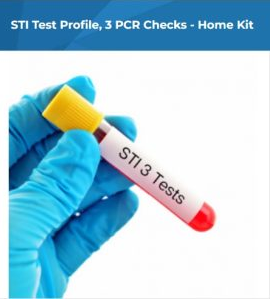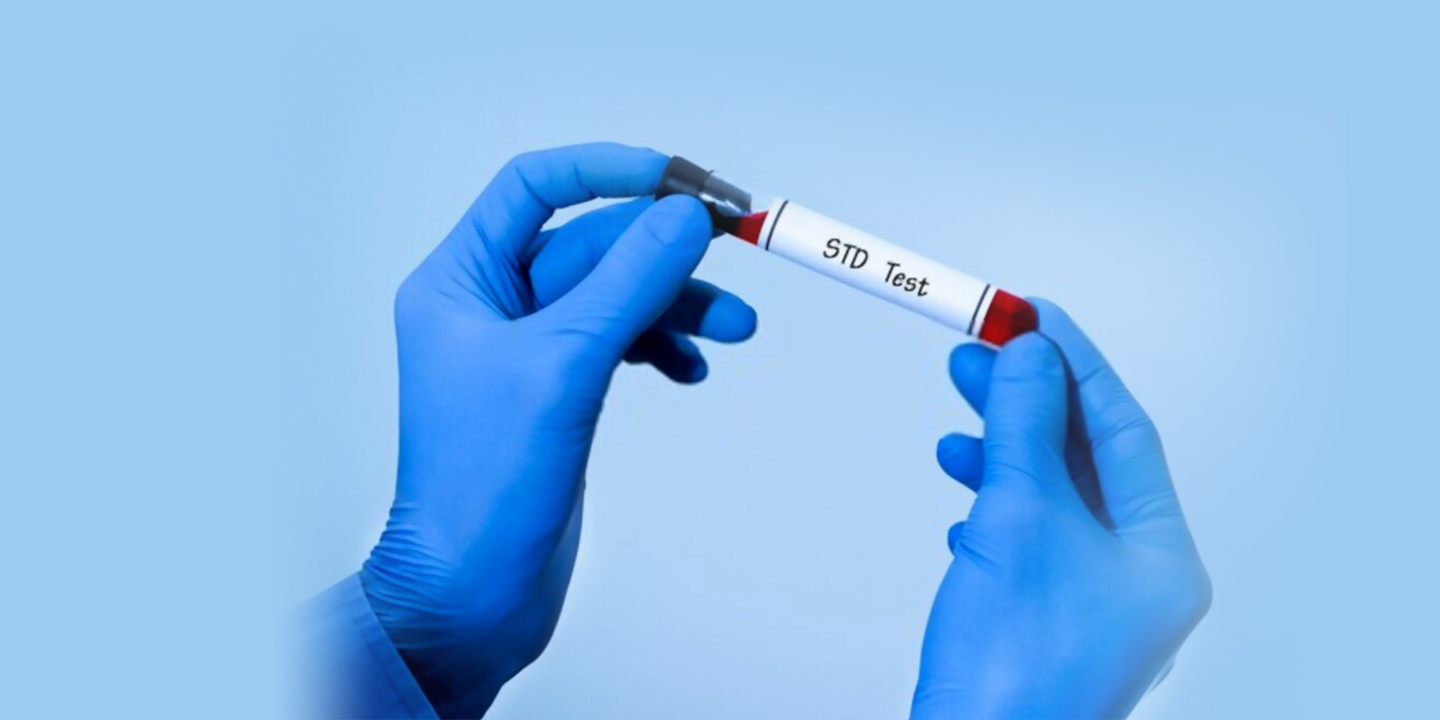Sexually transmitted diseases are infections that are spreads from one person to another through sexual contact. It’s essential to know about STD testing guidelines to protect your sexual health. In contrast, coronavirus is a contagious respiratory illness whose causative agent is the novel coronavirus. Covid testing in London is crucial for identifying infections, preventing the spread of the virus, and protecting public health.
This article will discuss when, why, and how often you should get screened for these infections and diseases.

When and Why to Get an STD Test:
- New Sexual Partner: If you have a new sexual partner, it’s suggested to get monitored for sexual diseases. Even if you and your partner don’t have any symptoms, you could still inherit the infection.
- Unprotected Sex: If you have had unprotected sex, including vaginal, anal, or oral sex, without a condom or dental dam, it’s crucial to get checked. Unprotected sex increases the risk of getting sexual infections.
- Symptoms or Abnormal Discharge: If you experience symptoms like genital sores, itching, burning sensation while urinating, or abnormal discharge, these screenings become must. These symptoms may indicate a sexually transmitted infection.
- Previous STD Infection: If you have had a sexually transmitted infection, it’s advisable to get checked periodically. Some of these diseases can recur, and early detection is essential for prompt treatment.
Now, Let’s discuss, why to get this monitoring:
- Early Detection: Many sexually transmitted diseases may not show noticeable symptoms. Regular screening helps in early detection, allowing for timely treatment. Early treatment can prevent complications and reduce the risk of spreading the infection to others.
- Protecting Your Partner: By regular monitoring, you can protect your sexual partners from potential infection. Knowing your STD status allows you to take necessary precautions and engage in safer sexual practices.
How Often to Get an STD Monitoring:
- Frequency: The frequency of STD testing depends on your sexual activity and individual risk factors. A healthy discussion with your doctor or medical worker should be a good idea to determine the appropriate monitoring schedule for you.
- Annual Monitoring: For sexually active individuals, it’s a general advice to get these monitoring for sexually transferrable diseases at least once a year. Regular annual monitoring ensures the rapid identification and treatment of potential infections.
When and Why to Get a Covid Test:
- Symptoms: If you experience symptoms such as fever, cough, shortness of breath, loss of taste or smell, fatigue, or body aches, it’s important to get the screening for corona. Monitoring helps determine if your symptoms are due to COVID-19 or another illness.
- Close Contact: If you have come in close contact with someone who come positive for the virus, screening becomes important for you. Close contact includes being within 6 feet of an infected person for 15 minutes or more over a 24-hour period.
- Travel or Exposure: If have a recent travel history to an area with a high number of cases or have come in close contact to individuals who have this infection, in that case, screening is advisable. Monitoring can help identify potential infections and prevent further spread.
Now, Let’s discuss why to get coronavirus monitoring:
- Early Detection: Covid testing in London allows for early finding of the virus, even in individuals who may not exhibit symptoms. Early findings allow prompt isolation and treatment, reducing the risk of transmission to others.
- Protecting Vulnerable Populations: By getting this monitoring, you can help protect vulnerable populations, such as those with underlying health conditions. Identifying and isolating cases can prevent severe illness and problems in high-risk individuals.

How Often to Get the Coronavirus Monitoring:
- Exposure or Symptoms: If you have been exposed to coronavirus or develop symptoms, getting a covid test in London as soon as possible is important. Early monitoring can help prevent the spread of the virus and guide appropriate medical care.
- Ongoing Risk: Individuals with ongoing exposure to the virus, such as medical workers or those in risky environments, needs this monitoring more frequently. The determination of the frequency of screening is important to do in consultation with medical professionals.
- Public Health Suggestions: Follow the rules provided by public health authorities and medical professionals in your area. They will provide information on monitoring protocols and proper screening frequency based on community transmission rates and local guidelines.
Conclusion:
STD testing guidelines plays a vital for maintaining your sexual health and preventing the spread of infections. By following the guidelines and getting these exams when necessary, you can proactively protect yourself and your partners. Open communication with your doctor or medical worker is crucial to determine the appropriate screening frequency based on your specific circumstances. Taking responsibility for your sexual health is vital to leading a healthy and fulfilling life.
Similarly, covid testing in London is a crucial tool in managing the pandemic and preventing the spread of the virus. By knowing when, why, and how often to get these screenings, you can protect yourself and others. Remember to follow the guidance of medical professionals and public health authorities, as screening guidelines may vary depending on the situation. Together, we can help control the spread of coronavirus and protect our communities. Stay informed, and stay safe!


